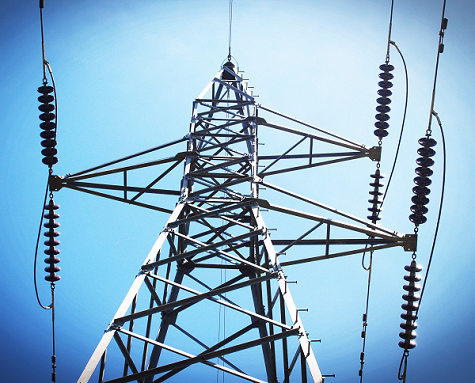Energy

The improvement of access to energy is an essential step, being the continent’s first challenge to overcome to further its economic growth because Africa is endowed with important renewable resources that can provide clean and reliable energy to people
and economic actors.
Africa is weakly electrified. Nearly 621 million people, or two out of three Africans, do not benefit from electricity, particularly in rural areas. This lack of electrification causes the continent an annual loss of 2-4% of GDP and halts investment and job creation even though Africa has plenty of energy resources. Electrification is a means of accelerating the industrialisation and development of the continent by facilitating innovation, creativity, the establishment of social entrepreneurship in the fight against poverty, the access difficulties to health and education, significantly improving the productivity of the agricultural sector or even increasing the commercial performance of the States (thanks to the installation of raw material-transforming factories). Electricity can allow the continent to proceed in its industrial revolution via renewable energy progression (Hydrolic, biomass, Wave and Ocean energy,
wind, solar, etc.).
Indeed, achieving universal access to energy in Africa remains an important challenge, one that needs to be tackled in a sustainable way to ensure a secure and renewable energy future for the continent.


